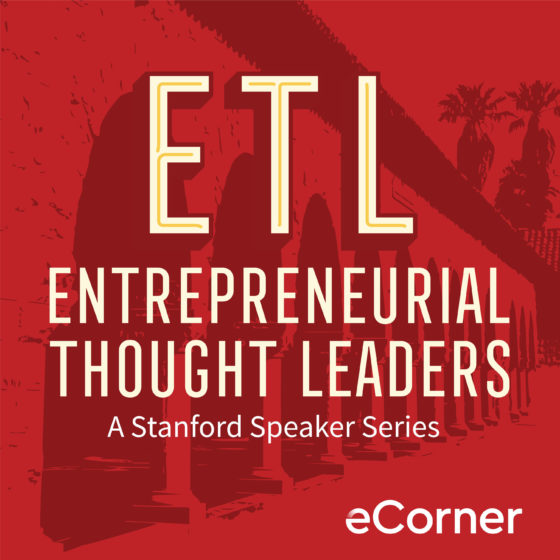June 5, 2024
Getting to Product-Market Fit [Entire Talk]
Alexandra Zatarain, Eight Sleep and Ravi Belani, Stanford University
 Stanford eCorner
Stanford eCorner
Ideas and Inspiration from STVP, the Stanford Engineering Entrepreneurship Center
